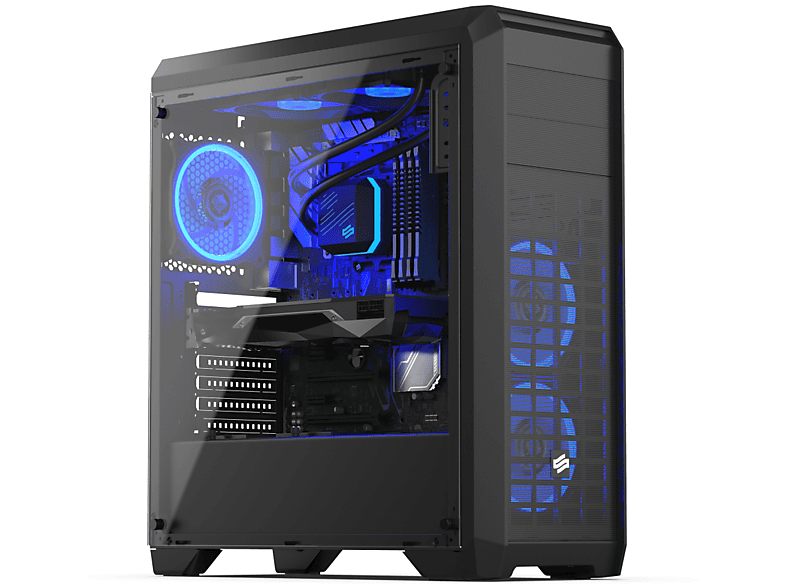Expert Gaming Now

The world of gaming has undergone a significant transformation in recent years, with the advent of new technologies, innovative gameplay mechanics, and the rise of competitive gaming. As a result, the gaming industry has experienced unprecedented growth, with an estimated global value of over $150 billion. For gamers, this means access to a vast array of immersive and engaging experiences, from action-packed first-person shooters to strategic multiplayer online battle arenas. In this article, we will delve into the current state of expert gaming, exploring the latest trends, technologies, and innovations that are shaping the industry.
The Evolution of Expert Gaming

The concept of expert gaming has evolved significantly over the years, from the early days of arcade gaming to the current era of professional esports. Today, expert gamers are recognized as athletes in their own right, with many competing in international tournaments and leagues for prize pools worth millions of dollars. The rise of esports has also led to the development of new business models, including sponsorships, merchandise sales, and streaming revenue. As a result, the gaming industry has become a major player in the global sports and entertainment market.
One of the key factors driving the growth of expert gaming is the advancement of gaming hardware and software. The development of powerful graphics cards, high-speed processors, and advanced gaming peripherals has enabled gamers to experience immersive and realistic gameplay like never before. Additionally, the rise of cloud gaming has made it possible for gamers to access high-quality games on a variety of devices, without the need for expensive hardware upgrades.
Technical Specifications
For expert gamers, having the right hardware and software is crucial for optimal performance. Some of the key technical specifications to consider include:
| Component | Specification |
|---|---|
| Processor | Intel Core i9 or AMD Ryzen 9 |
| Graphics Card | NVIDIA GeForce RTX 3080 or AMD Radeon RX 6800 XT |
| RAM | 16 GB or 32 GB DDR4 |
| Storage | 1 TB or 2 TB NVMe SSD |

These technical specifications are essential for running demanding games at high frame rates and resolutions, and for providing a smooth and responsive gaming experience.
Performance Analysis

For expert gamers, performance is everything. A good gaming system should be able to handle demanding games at high frame rates, with minimal lag or stuttering. To analyze the performance of a gaming system, we can look at a variety of metrics, including:
- Frame rate: The number of frames per second (FPS) that the system can render.
- Resolution: The display resolution, measured in pixels (e.g. 1080p, 1440p, 4K).
- Latency: The time it takes for the system to respond to user input.
- Input lag: The delay between user input and the corresponding action on the screen.
By analyzing these metrics, we can get a better understanding of how well a gaming system performs, and identify areas for improvement.
Future Implications
The future of expert gaming is exciting and rapidly evolving. With the advent of new technologies such as artificial intelligence, virtual reality, and cloud gaming, we can expect to see even more immersive and interactive gaming experiences. Some potential future implications of these technologies include:
- More realistic and dynamic gameplay, with advanced AI-powered opponents and environments.
- Increased accessibility, with cloud gaming and virtual reality making high-quality gaming experiences available to a wider audience.
- New business models, such as subscription-based services and in-game purchases, which could change the way we consume and interact with games.
As the gaming industry continues to evolve, it’s likely that we will see even more innovative and exciting developments in the years to come.
What is the difference between a gaming PC and a console?
+A gaming PC is a computer designed specifically for playing games, with a focus on high-performance hardware and customization options. A console, on the other hand, is a dedicated gaming device that is designed for playing games on a TV or other display. While both options have their advantages and disadvantages, a gaming PC generally offers more flexibility and upgradability, while a console is often more convenient and easier to use.
How do I choose the right gaming hardware for my needs?
+Choosing the right gaming hardware depends on a variety of factors, including your budget, the types of games you want to play, and your personal preferences. Consider factors such as processor speed, graphics card performance, and RAM, as well as the overall gaming ecosystem and any additional features you may need (such as a high-quality display or advanced cooling system).
What is the future of expert gaming, and how will it evolve in the coming years?
+The future of expert gaming is likely to be shaped by a variety of factors, including advances in technology, changes in consumer behavior, and the rise of new business models. Some potential trends and developments that could shape the future of expert gaming include the growth of cloud gaming, the increasing importance of artificial intelligence and virtual reality, and the emergence of new types of games and gameplay experiences.